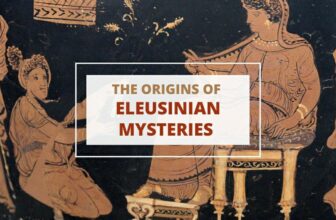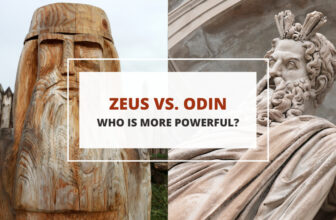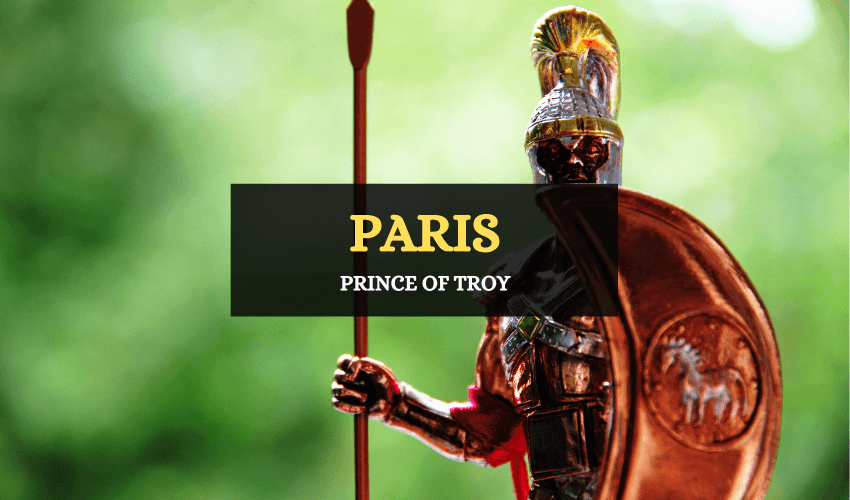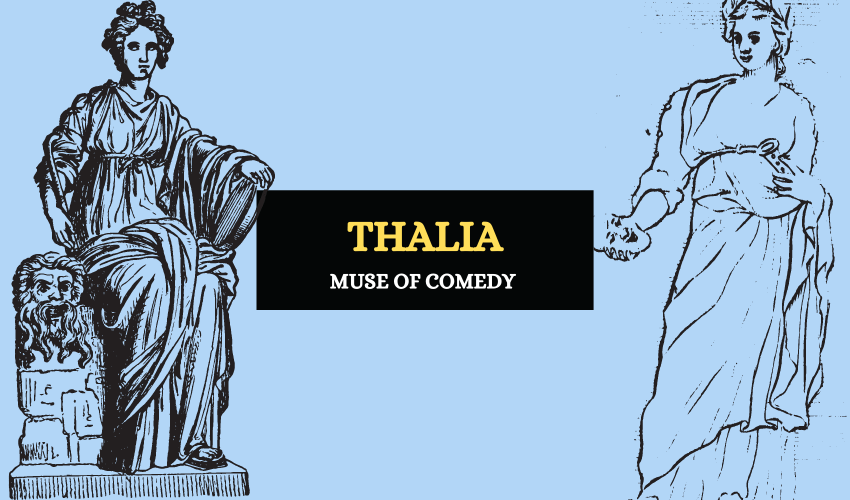
Table of Contents
In Greek mythology, Thalia was one of the nine daughters of Zeus and Mnemosyne, known collectively as the Younger Muses. She was the goddess of comedy, idyllic poetry and as some sources say, of festivity.
The Origins of Thalia
Thalia was the eighth-born of the Younger Muses. Her parents Zeus, the god of thunder, and Mnemosyne, the goddess of memory, slept together for nine consecutive nights. Mnemosyne conceived and delivered each of the daughters on each night.
Known as the Younger Muses, Thalia and her sisters were each given authority over a specific area in the arts and sciences, and had the responsibility to guide and inspire mortals to partake in those areas.

Thalia’s area was pastoral or idyllic poetry and comedy. Her name means ‘flourishing’ because the praises she sang flourish for all eternity. However, according to Hesiod, she was also a Grace (Charites), one of the goddesses of fertility. In the accounts that mention Thalia as one of the Graces, her mother was said to be the Oceanid Eurynome.
While Thalia and her sisters were mostly worshipped on Mount Helicon, they actually spent almost all their time on Mount Olympus with the other deities of the Greek pantheon. They were always very welcome in Olympus especially when there was a feast or some other event. They sang and danced at celebratory events and at funerals they sang lamentations and helped those in mourning to move on.
Thalia’s Symbols and Depictions
Thalia is usually portrayed as a beautiful and joyous young woman, wearing a crown made of ivy, with boots on her feet. She carries the comic mask in one hand and a shepherd’s staff in the other. Many sculptures of the goddess show her holding a trumpet and a bugle which were both instruments used to aid in the projection of the actors’ vocals.
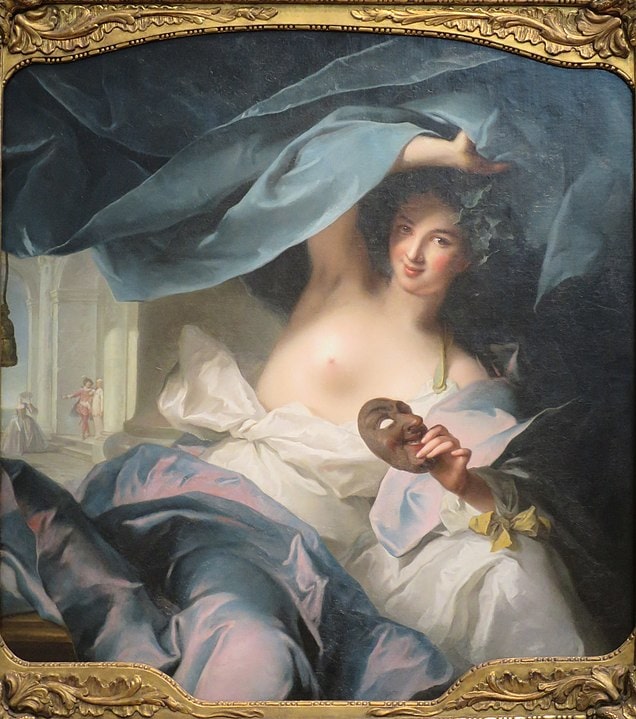
Thalia’s Role in Greek Mythology
Thalia was the source of inspiration to dramatics, authors and poets who lived in Ancient Greece including Hesiod. While her sisters inspired some of the greatest works in the arts and sciences, Thalia’s inspiration made laughter emanate from the ancient theatres. She was also said to be responsible for the development of fine and liberal arts in Ancient Greece.
Thalia spent her time amongst mortals, providing them with the guidance and motivation they needed to create and write. However, her role on Mount Olympus was also an important one. Together with her sisters, she provided entertainment for deities of Olympus, retelling the greatness of their father Zeus and heroes such as Theseus and Heracles.
Thalia’s Offspring
Thalia had seven children by Apollo, the god of the music and light, and her tutor. Their children were known as the Corybantes/Korybantes and they were crested, armed dancers who would dance and make music to worship the Phrygian goddess, Cybele. According to some sources, Thalia had nine children (all Corybantes) by Apollo.
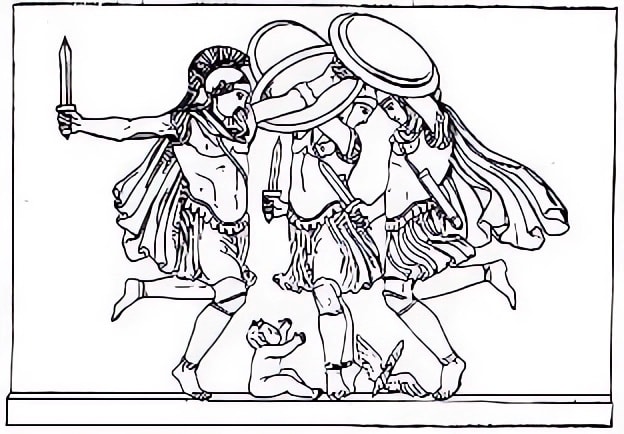
Thalia’s Associations
Thalia appears in the writings of several famous authors including Hesiod’s Theogony and the works of Apollodorus and Diodorus Siculus. She’s also mentioned in the 76th Orphic Hymn which was dedicated to the Muses.
Thalia has been depicted in several famous paintings, by artists such as Hendrick Goltzius and Louis-Michel van Loo. A painting of Thalia by Michele Pannonio depicts the goddess seated on what looks like a throne with a wreath of ivy on her head and the shepherd’s staff in her right hand. Created in 1546, the painting now stands in the Museum of Fine Arts located in Budapest.
In Brief
Unlike some of her sisters, Thalia wasn’t one of the best-known of the Muses in Greek mythology. She didn’t play a central role in any myth, but she did feature in several myths together with the rest of the Muses.




